Topics:
Never Miss a Beat - Get Updates Direct to Your Inbox
FILTER:
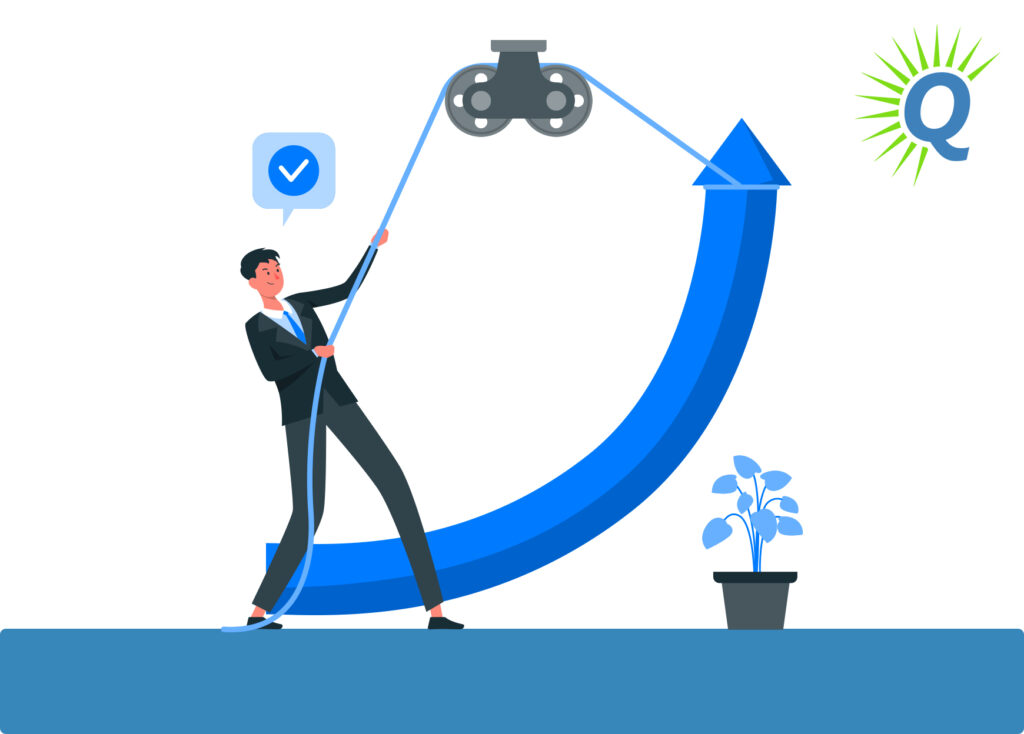

Eight Key Factors to Consider to Maximize the Value of Your SaaS Business
By Quiet Light
There are numerous KPIs to track in your SaaS business, but which one’s have the greatest impact on your business’s value? When you understand the key factors to consider to maximize the value of your SaaS business, it’s significantly easier to make informed decisions, attract the right buyers, and receive fair offers that reflect the true value of the asset you’ve built.
In this article, we discuss:
- The eight crucial factors to consider when selling your SaaS business (and questions to get you thinking about your specific company)
- What you can do today to make your SaaS business more attractive to potential buyers
- How to increase the value of your business before exit
- The four main types of buyers who acquire SaaS businesses
Related Articles:
5 Elements Every SaaS Marketing Strategy Should Have
Avoid These Six Common Mistakes When Selling Your SaaS Business


The Eight Most Important Factors to Consider When Selling a SaaS Business
When you’re thinking about selling your SaaS business, there are many factors to consider. Here are eight of the most crucial ones:
- The “why” behind your desire to sell
- How your business performs financially
- The size and quality of your customer base
- Whether you need to create or refine your business systems
- What growth opportunities your SaaS business faces
- How selling will impact your team
- How to create an effective exit strategy
1. Why do you want to sell your SaaS business?
There are many reasons why you may be thinking about selling your SaaS company. Maybe running the business has grown beyond your capacity. Or, you could want to pursue other opportunities or diversify your investments.
If you’re still trying to get to the bottom of why you’re wanting to sell, consider the following questions:
- What are you interested in pursuing if you sell your business?
- Do you want to pursue another business model that feels more exciting to explore?
- Has your business outgrown your skills and abilities?
- Is your financial strategy best served by letting your business go?
Understanding your motivations for selling before you list your business for sale provides clarity, sets realistic expectations, aids in proper valuation, and ensures transparency with potential buyers. It’s a fundamental step in preparing for a successful exit.
2. How is your SaaS business performing financially?
When looking at your SaaS business, potential buyers will assess its financial performance. They’ll look at revenue growth, profitability, and recurring revenue. During the due diligence period of the sale, they will go through your financial statements, customer acquisition cost metrics, and lifetime value.
When you’re thinking about selling your Saas business, these questions can get the juices flowing about the financial aspects of your business:
- What’s the historical revenue growth rate of your SaaS business?
- What are the main sources of revenue for your SaaS business (subscriptions, add-ons, upsells, etc.)?
- Are there any potential risks or dependencies that might impact future revenue?
- How do your SaaS metrics compare to industry benchmarks and your competitors?
- Are there any tax implications or financial considerations specific to your SaaS business?
It’s important to gather accurate and up-to-date financial data and work closely with a financial professional to analyze and evaluate the financial performance of your SaaS business.
“When looking at your SaaS business, potential buyers will assess its financial performance.”
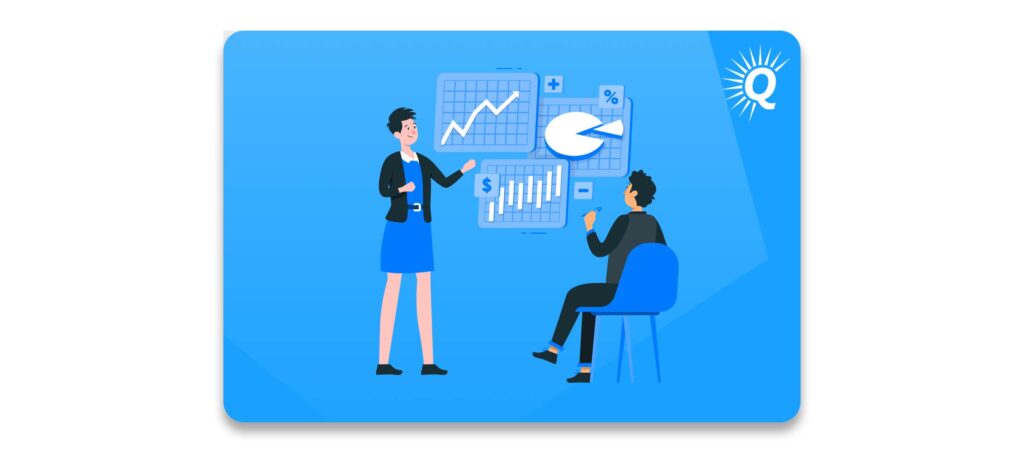

3. What does your customer base look like?
The quality and size of your customer base is vital to consider when selling your SaaS business. Prospective buyers want to understand important metrics like churn rate, customer demographics, engagement levels, and overall customer satisfaction.
Use these questions to think about your customer base while preparing to sell your SaaS business:
- How large is your customer base and how has it grown over time?
- What is your current Customer Acquisition Cost (CAC) and Average Revenue per Customer (ARC)?
- What is the overall value that a given customer provides your SaaS company over the course of their entire relationship with the business?
- How are complaints and software issues handled in the customer service process?
- What is the customer churn rate?
A SaaS business with a diverse and loyal customer base with low churn rates will be attractive to potential buyers.
4. Do you need to refine or create efficient SaaS business systems?
Would you describe your business documentation system as quality and efficient? Clear documentation is an important part of any profitable exit strategy. Go through your business operations and document all of the important aspects.
If you’re thinking about selling your SaaS business, use these questions to help you consider the documentation aspect of your business:
- What does documentation look like for marketing plans and methods?
- Have you created a cohesive business plan?
- Are there any critical tasks that need to be streamlined or automated?
- Have you considered implementing standard operating procedures (SOPs) for key tasks?
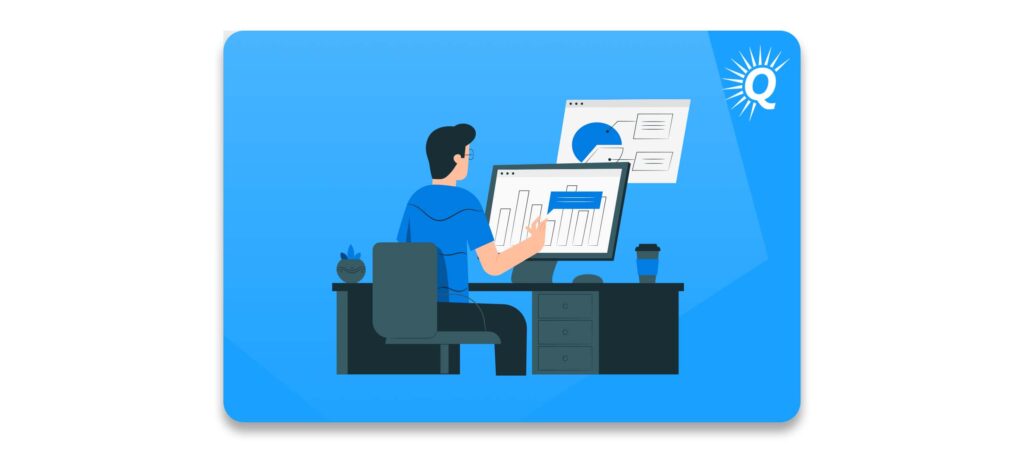

There are many benefits to proper documentation. First, it makes your life easier as a SaaS business owner. You won’t waste time sorting through digital files or stacks of paper every time you need to find important business information. But documentation also instills a sense of trust in potential buyers that you run a business responsibly.
“Clear documentation is an important part of any profitable exit strategy.”
5. Where are opportunities for growth in your SaaS company?
With the exception of strategic buyers, almost all potential buyers are looking to invest in a SaaS business that has strong growth potential. While you’re exploring the idea of selling your business, you can enhance sellability by driving consistent growth.
Past and present growth is a great indicator that your SaaS business will likely keep growing in the future—which is exactly what a potential buyer wants to see.
If you’re thinking about selling your SaaS company, consider the following questions about business growth capacity:
- Are there any opportunities for diversification in your SaaS business?
- How can you optimize your marketing channels to drive leads and win new customers?
- What new products can you launch to drive revenue?
- Are you able to communicate growth opportunities to prospective buyers?
When you’re able to confidently and clearly map out your business’s growth opportunities to a potential buyer, it instills confidence in your business. A well-structured and scalable business allows for future growth, which is what buyers are looking for in a Saas company.
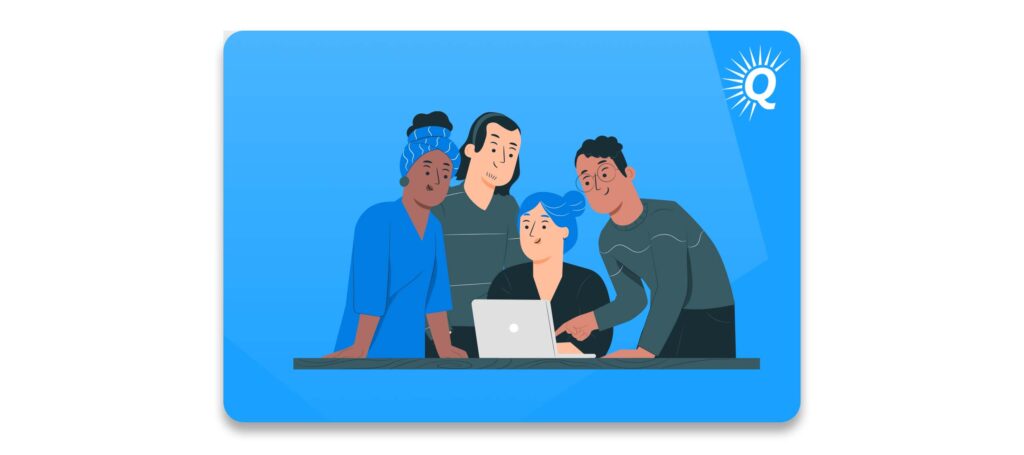

6. How will a sale impact your team?
Your SaaS business might be a one-man (or woman!) show—and if so, you won’t have to consider how your exit will impact a team. But if you’ve hired employees and contractors, it’s important to understand how your decision to sell impacts them.
Ask yourself the following questions about your staff if you’re thinking about selling your SaaS business:
- What will happen to your team after you sell?
- When will you share the news that you’re selling the business with your employees?
- How can you prepare your team for new ownership and the possibility of new roles?
- What can you do to ease worries and resolve uncertainties?
During the discovery and due diligence periods, buyers will assess the qualifications and roles of your key team members. They want to know about the stability of your team. Strong leadership, skilled employees, and well-defined roles and responsibilities can positively impact the sale of your SaaS business.
7. How will a new buyer step into your shoes?
You’ve spent time and money building up your SaaS business. Maybe you could even run your daily operations with your eyes closed. But what about a new owner? When you’re thinking about selling your business, it’s important to consider your business from their perspective.
Put yourself in a potential buyer’s shoes and ask yourself the following questions about a transition period:
- Do you have written processes and recorded tutorials available to answer questions?
- What levels of support are you willing to provide during a transition period?
- Do you have a clearly defined exit strategy to communicate with potential buyers?
- What will happen to your current contracts and vendor relationships after the sale?
- Will you provide in-person training for new staff members?
Potential buyers will consider the ease of transitioning the business after your exit. When you take the time to create a well-defined transition plan, you can minimize disruptions and increase the appeal of your SaaS business.
Get a free, individually-tailored valuation and business-readiness assessment. Sell when you're ready. Not a minute before.Thinking of Selling Your Business?
How to Increase the Value of Your SaaS Business Before You Sell
Increasing the value of your SaaS business can make your company more attractive both to your customers and any potential buyers.
When you go through the valuation process at Quiet Light, a knowledgeable business broker looks at every aspect of your SaaS business to see how it lines up with the Four Pillars of Value. These are:
- Growth
- Risk
- Transferability
- Documentation
When you’re deciding on your strategy to increase the value of your SaaS business, it’s important to focus on those four areas. Let’s take a closer look at each of the pillars and how they relate specifically to you as a SaaS business owner.
“When growth prospects are verified by historical data and business analytics, buyers have a clear vision for the future after they purchase your SaaS business.”
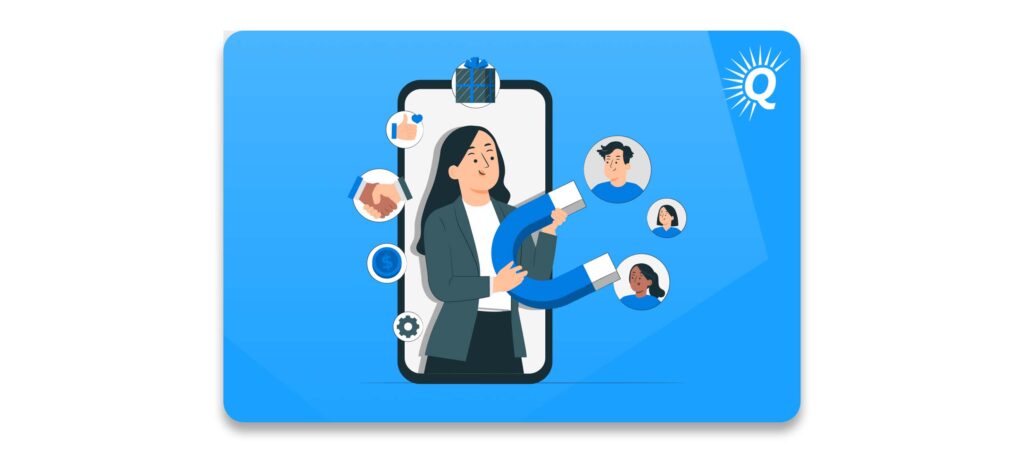

Increasing your SaaS business growth trends
When your SaaS business growth is trending upward, potential buyers can see a promising future for your company. The main indicator of future growth is historical growth. When growth prospects are verified by historical data and business analytics, buyers have a clear vision for the future after they purchase your SaaS business.
What can you do to increase the value of your SaaS business before a sale? Some practical ideas for SaaS growth include:
- Expand through partnerships and integrations with complementary software companies
- Invest in content marketing that educates informs, and engages your target audience
- Provide exceptional customer support with prompt and efficient customer service
- Implement a referral program that encourages your existing customers to refer your SaaS solutions to others through incentives
If you’re thinking about selling your SaaS business in the future, spend time defining a clear path of growth for your company. If potential buyers can see room for growth, they’re more likely to make an offer that values the work you’ve put into building your business and building a customer base.
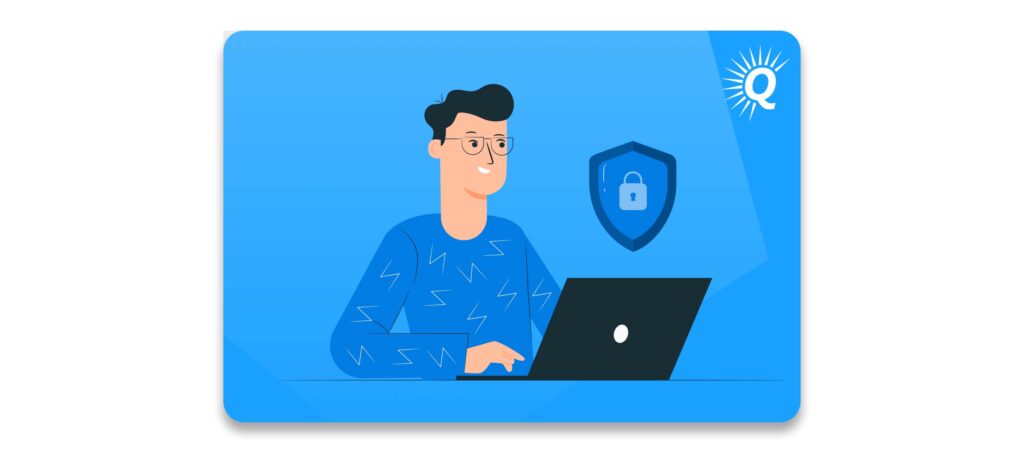

Lowering your SaaS business risks
It’s exciting to highlight what you’re doing well with your SaaS business and identify ways you can grow. However, it’s also important to identify the weak points of your business. There are many ways you can lower risks for your SaaS business, including:
- Implement security measures that prioritize data security to protect customer’s sensitive information
- Diversify your customer base and avoid relying heavily on a small number of customers or industries
- Stay compliant with regulations and familiarize yourself with relevant legal and regulatory requirements for your SaaS business
- Establish clear terms and conditions to help manage expectations and minimize legal risk
- Familiarize yourself with the competition in your market to gain insights on how to retain a competitive advantage and stay ahead of the game.
Decreasing risk for your SaaS business isn’t just for the benefit of prospective buyers—although it is true that buyers want to invest in a business with minimal risk. But mitigating risks also decreases your stress levels, increases your business’s value, and increases the confidence that customers have in your SaaS product!
Smooth transferability
When you develop and sell SaaS products, you have your ideal client in mind. You think about the software that streamlines processes, increases efficiency, and reduces costs. And you’ve also thought about their pain points and how your software alleviates challenges and provides value.
If you’re thinking about selling your SaaS business, it’s worth your time to consider your company from the vantage point of a prospective buyer. Imagine them sitting at their desk the first day after taking over ownership of your business. Do they know where important documents for the business are kept? Do they have access to a list of passwords that make day-to-day business operations possible? Are they familiar with your SaaS product? What about the location of important website and customer analytics?
Improving your business transferability also includes focusing on providing a great experience for existing customers. Since your SaaS business generates profit through recurring revenue, customer retention also is crucial.
If your SaaS business can easily transfer to a new owner, it will be worth more during the valuation process. A potential buyer should be confident that they can take the seat behind the keyboard smoothly from day one.
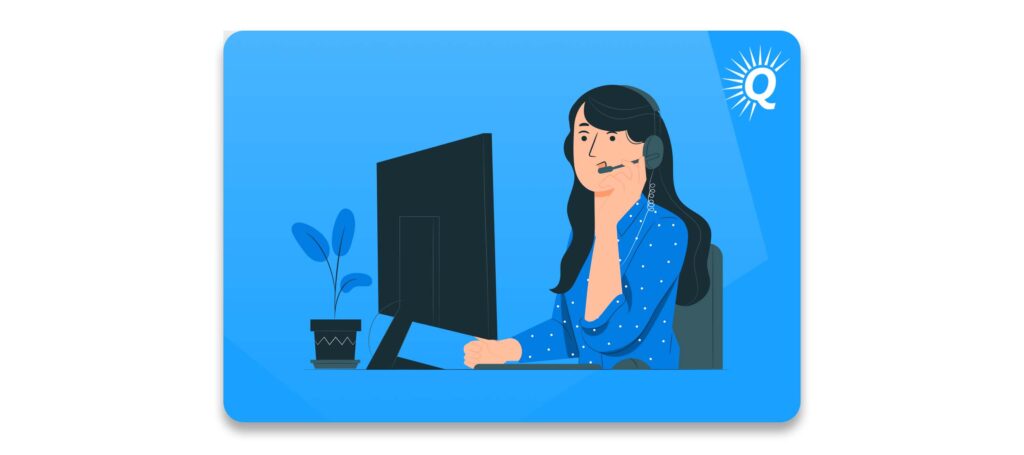

Honing your documentation skills
We’ve already discussed the importance of documentation, but it’s worth saying again: your documentation process tells the story of your SaaS business. So when you’re looking to increase the value of your business, you need to invest time into your documentation processes.
If you don’t already have one in place, you need a system for organizing business documents like your bank statements, tax documentation, and any affiliate program details. If you’ve grown your SaaS business so much that you’ve hired employees or contracted with freelancers, information about employment and payment is also something that buyers will want to know about when looking through your business documents.
One benefit of smooth documentation is that it makes for a simple retrieval when a buyer asks for more information during the due diligence part of the sales process. But it also increases the value of your business since organization increases buyer confidence.
“Your documentation process tells the story of your SaaS business.”
What Type of Buyers Are Interested in Buying Your SaaS Business?
When considering the sale of your SaaS business, it’s important to get to know the various types of buyers who might be interested in acquiring your company. These buyers bring different motivations and goals to the negotiating table.
Each type of buyer offers unique advantages and opportunities for growth. Types of potential buyers could include:
- Strategic buyers
- Financial buyers
- Entrepreneurs and individual buyers
- Existing SaaS companies
Strategic buyers
These buyers are usually larger companies operating in the SaaS industry. They’re interested in acquiring your business to expand their product offerings, enter new markets, or enhance their existing business. Strategic buyers often have the resources and expertise to scale your business after the acquisition.
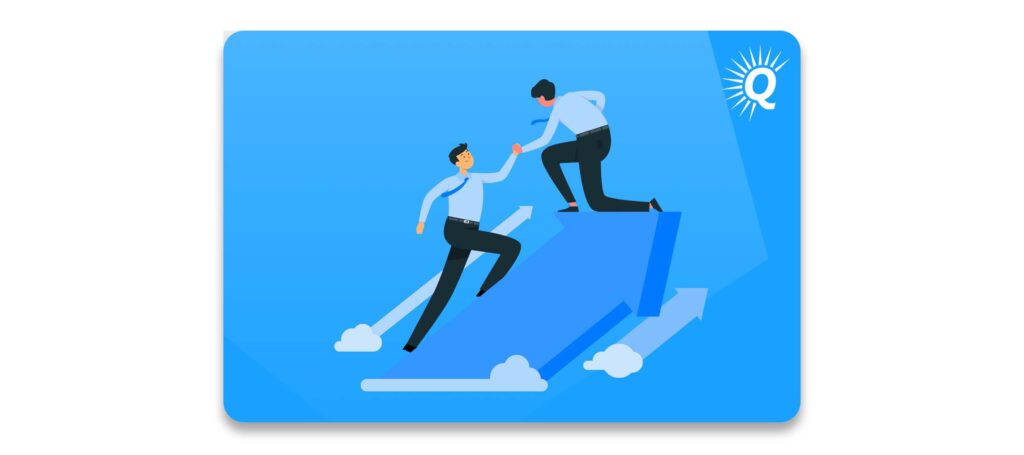

Financial buyers
Private equity firms and investment groups fall into the financial buyer category. Financial buyers are focused on generating a return on their investment. They acquire SaaS businesses with the intention of improving their profitability, streamlining operations, and eventually selling the business for a higher valuation.
Individual buyers
Entrepreneurs and individual buyers are interested in acquiring your SaaS business as an investment or to help them fulfill their business goals. They may have specific knowledge about the SaaS industry or see the potential for growth and success with a SaaS business.
Existing SaaS companies
The final type of potential buyer is another SaaS software company. They might be looking to expand their products or customer base, which means they’re interested in acquiring a complementary business. They hope to gain a competitive edge by integrating your business into their existing operations.
While it’s important to attract the right type of buyer, there isn’t necessarily a wrong type of buyer to avoid. But it is important to exercise caution when dealing with buyers who don’t align with your business goals or have a history of unsuccessful acquisitions.
Conclusion
At Quiet Light, our business brokers have all bought or sold online businesses. If you want to know more about valuation or the selling process, or if you have any other questions about selling your SaaS business, you can always reach out for a no-obligation valuation.
We’d love to meet you and hear about the story of your business and the dreams you have for the future!
Outsmart the startup game and check out our listings. You can request a summary on any business without any further obligation.Buy a Profitable Online Business





